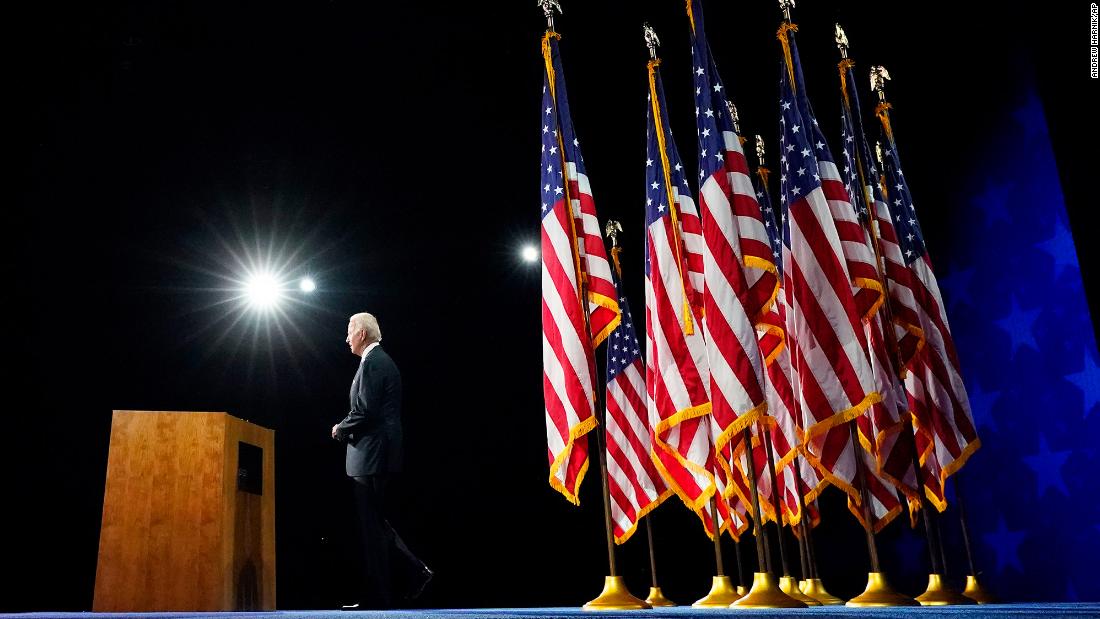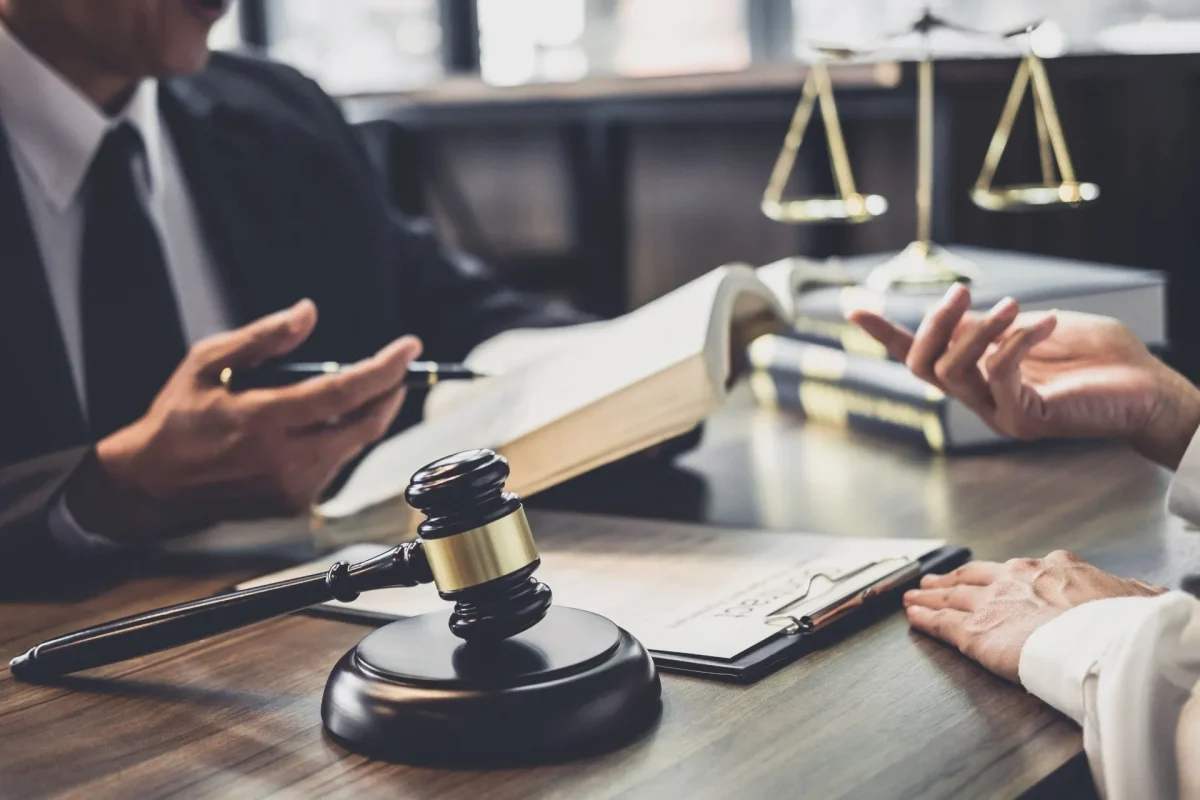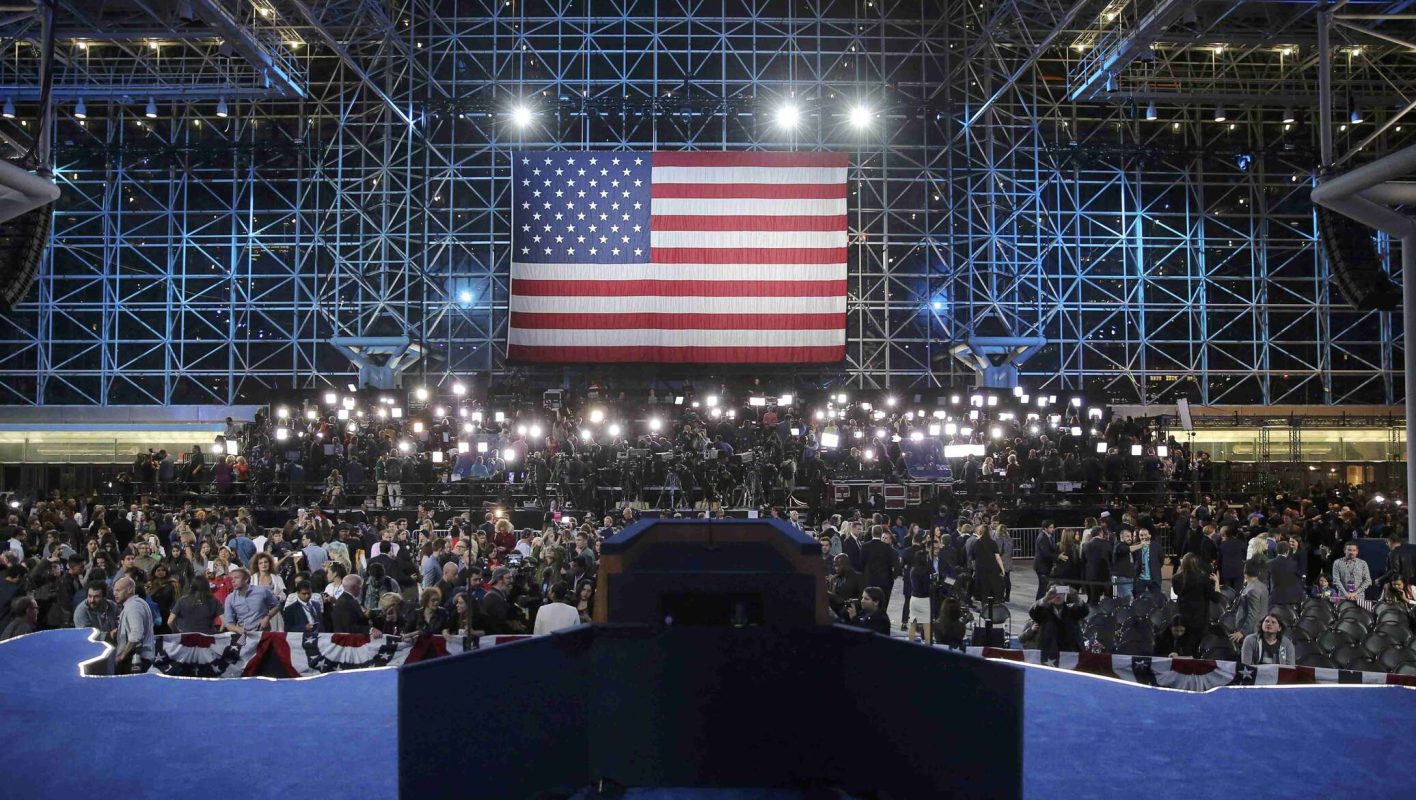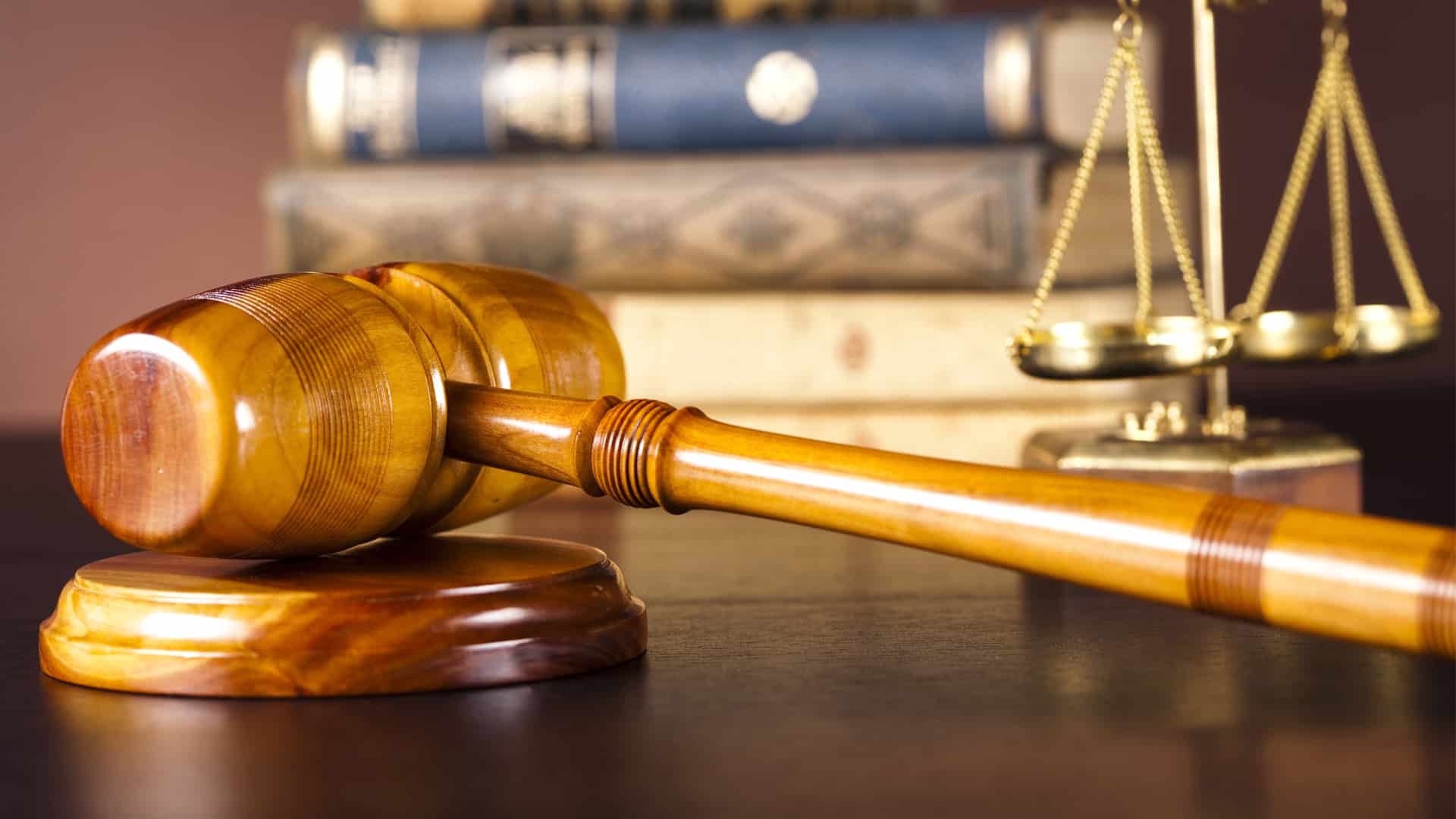The intersection of business entities and political events presents a fascinating landscape where numerous considerations come into play. Organizations often find themselves navigating a complex web of responsibilities and ethical expectations as they engage in activities that support or influence political platforms. Understanding the dynamics of this interaction is crucial for ensuring compliance with established norms and regulations.
As enterprises seek to establish their presence at influential political gatherings, they must carefully assess the repercussions of their involvement. Engaging in such activities can have far-reaching effects on reputation, stakeholder relations, and internal policies. The challenge lies in balancing active participation with an awareness of the potential risks associated with aligning corporate identities with political movements.
Furthermore, the frameworks governing the involvement of businesses in these significant events are continually evolving. Awareness of these shifting regulations not only protects organizations but also enhances their ability to contribute meaningfully to the discourse surrounding governance and public policy. Ultimately, a thorough understanding of the surrounding context will empower organizations to make informed decisions that align with their values and objectives.
Understanding Corporate Influence at Conventions
The role of large enterprises during significant national gatherings has garnered increasing attention. The dynamics of power and the ways in which these organizations shape discussions and outcomes are crucial to comprehending the broader landscape of political engagement. The presence of influential brands often leads to a complex interplay of interests, highlighting the intersection of commerce and governance.
Mechanisms of Influence
Entities often leverage various strategies to establish their presence and voice during major events. They can utilize sponsorship, advertising, and direct lobbying to navigate the environment. These approaches not only enhance visibility but also aim to align their objectives with the narratives emerging from these platforms.
| Strategy | Description |
|---|---|
| Sponsorship | Financial support for events to gain recognition and align with specific causes. |
| Advertising | Promotional campaigns aimed at increasing brand awareness during high-profile gatherings. |
| Lobbying | Engaging with policymakers to influence decisions that align with business interests. |
Impacts on Decision-Making
The ramifications of involvement from powerful entities can be profound, impacting legislative priorities and public perception. The integration of business interests into the political sphere often leads to questions regarding accountability and the integrity of the decision-making process. Understanding these dynamics is essential for evaluating the efficacy and transparency of governance in a rapidly evolving societal context.
Historical Context of Corporate Donations
The practice of financial contributions from businesses to political and electoral activities has deep roots in the political landscape. Understanding this background is essential for grasping the ongoing debates surrounding these contributions today. This section explores key developments and shifts that have shaped the interaction between economic entities and the political realm over time.
Throughout history, the influence of monetary support from enterprises on political campaigns has evolved significantly. Some notable milestones include:
- Early Participation: In the early days of democracy, financial support from affluent individuals was common, often leading to the establishment of political factions.
- Regulatory Changes: As electoral participation expanded, various measures were enacted to regulate and disclose monetary support, particularly in the 20th century.
- Key Supreme Court Decisions: Landmark rulings, such as Citizens United v. FEC in 2010, transformed the landscape by allowing for unlimited spending by entities to support or oppose candidates.
The evolution of the relationship between businesses and political funding raises numerous questions regarding ethics, transparency, and influence. Over time, as funds flowed more freely, the potential for disproportionate impact on public policy and governance has increasingly come under scrutiny.
Today, ongoing discussions about the role of economic power in political arenas underscore the complexities surrounding these contributions and highlight the need for ongoing examination and potential reform.
Legal Framework Governing Contributions
The landscape surrounding financial support for political events is shaped by a variety of regulations designed to ensure transparency, fairness, and accountability. These rules dictate how funds are raised, managed, and reported, thereby influencing the flow of resources within the political arena.
Several key components contribute to this regulatory structure:
- Federal Regulations: Various national laws establish limits on the amounts that can be contributed by individuals and organizations, as well as the types of entities permitted to provide support.
- State Laws: In addition to national legislation, individual states often have their own rules governing financial contributions, which can differ significantly across jurisdictions.
- Disclosure Requirements: Many regulations mandate that contributors disclose their financial involvement, which serves to promote transparency in the funding process.
- Compliance Mechanisms: Enforcement agencies are tasked with monitoring adherence to the established guidelines, ensuring that any violations are addressed and penalties imposed.
Understanding this framework is essential for all participants in the political funding ecosystem, as it informs their responsibilities and rights concerning the contributions they make or receive. By adhering to these rules, stakeholders can engage in a more equitable political process.
Impact of Supreme Court Decisions
The rulings made by the highest court in the land play a significant role in shaping the landscape of governance and financial influence within political events. These decisions often set legal precedents that affect various stakeholders, altering the dynamic between entities and the political framework.
One of the most profound areas of influence stems from interpretations regarding the First Amendment and its application to political entities. This has led to various outcomes, including:
- Campaign Financing
Supreme Court cases have frequently addressed the limits and regulations concerning the flow of money during election cycles. For instance, rulings like Citizens United v. FEC have expanded the scope for funding, allowing more freedom for financial participation.
- Freedom of Speech
Decisions related to free speech have profound implications for how entities engage with political speech without restrictions. This has led to a nuanced understanding of what constitutes protected discourse versus what could be considered undue influence.
- Transparency and Disclosure
Rulings have influenced requirements surrounding transparency in funding sources. This aspect is vital for understanding where financial backing is coming from and how it affects the political process.
Additionally, court interpretations of state laws can significantly impact how entities operate within the political landscape. Such interpretations often reflect broader social values and sentiments, helping to guide future practices and norms.
In conclusion, the decisions rendered by the Supreme Court have a cascading effect on the interaction between finance and politics, ultimately influencing how events are conducted and perceived within society.
Ethical Considerations for Corporations
When organizations engage in high-profile events, they must navigate a complex landscape of moral responsibilities. The decisions made by these entities can have far-reaching consequences, affecting not only their own reputation but also the public and various stakeholders. Therefore, understanding the ethical dimensions of their actions is paramount.
One significant area of concern involves the alignment of corporate interests with societal values. Organizations should reflect on how their participation in public activities resonates with the expectations of their customers and the community. Transparency, accountability, and authenticity become critical factors in these considerations.
| Key Ethical Factors | Description |
|---|---|
| Transparency | Being open about intentions and actions to foster trust among stakeholders. |
| Accountability | Taking responsibility for the outcomes of decisions and behavior in public settings. |
| Authenticity | Ensuring that activities reflect the true values and beliefs of the organization. |
| Social Responsibility | Commitment to nurturing positive relationships with the community and supporting relevant initiatives. |
In summary, the involvement of businesses in significant events necessitates a careful analysis of ethical principles. Upholding these standards not only enhances corporate integrity but also strengthens the bond with the wider community, fostering a sense of trust and respect.
Regulatory Challenges and Compliance Issues
The landscape of governance surrounding financial contributions and supporter engagements is fraught with complexities. Organizations participating in high-profile events must navigate a maze of regulations that dictate acceptable practices and restrictions. These complexities arise from various sources, including federal, state, and local guidelines that govern the allocation and use of resources during such significant gatherings.
Understanding Oversight Mechanisms
At the heart of these regulatory frameworks are oversight mechanisms designed to ensure transparency and accountability. Organizations must familiarize themselves with the reporting requirements that accompany contributions, as failure to comply can lead to severe repercussions. It is essential for entities to have robust systems in place that accurately document all transactions and interactions, thereby mitigating risks associated with oversight.
Navigating Compliance Risks
Moreover, the dynamic nature of these regulations often results in an ever-evolving compliance landscape. Organizations may face challenges in interpreting the nuances of various guidelines, especially when they cross state lines or deal with multiple regulatory bodies. Implementing comprehensive training programs and employing experts in the field can help in understanding the shifting requirements and maintaining compliance. Ultimately, a proactive approach can significantly reduce the susceptibility to regulatory breaches and foster a culture of ethical engagement.
Q&A: Return presidential conventions brings legal considerations corporations
What are the primary legal implications of corporate sponsorship at presidential conventions?
Corporate sponsorship at presidential conventions raises several legal implications, notably concerning campaign finance laws. The Federal Election Commission (FEC) regulates the contributions that corporations can make to political campaigns. While corporations can donate to political action committees (PACs), direct contributions to candidates from corporate funds are prohibited. This legal framework aims to ensure transparency in political funding and prevent undue influence. Additionally, there are implications concerning disclosure requirements, where corporations may need to report their contributions to maintain compliance with electoral laws.
How can corporate influence at presidential conventions affect the political landscape?
Corporate influence at presidential conventions can significantly shape the political landscape by swaying public opinion and candidate platforms. When corporations sponsor events or support candidates, they often have the ability to amplify their message and agenda, impacting the topics discussed and prioritized during the convention. This sponsorship allows corporations to position themselves as key stakeholders in political discourse, potentially leading to legislation that aligns with their interests. Such influence may also engender public distrust if voters perceive that corporate money dictates political decisions rather than the will of the electorate.
Are there any restrictions on the types of corporations that can participate in presidential conventions?
Yes, there are certain restrictions that govern corporate participation in presidential conventions. While all corporations can engage in political sponsorship, the nature of their involvement may be scrutinized based on their industry or the nature of their business. For instance, corporations involved in sectors heavily regulated by the government (like pharmaceuticals or finance) might face stricter examination regarding their contributions to avoid conflicts of interest. Furthermore, corporations must ensure adherence to state and federal laws that outline specific restrictions, such as limits on contributions and the need for full disclosure of sponsorship amounts.
What are the consequences for corporations that violate campaign finance laws at presidential conventions?
Violating campaign finance laws can have severe consequences for corporations involved in presidential conventions. Penalties may include hefty fines, legal action from the FEC, and potential reputational damage. If a corporation is found to have made illegal contributions or failed to disclose required information, it may face sanctions that involve both civil penalties and criminal charges for more egregious violations. Additionally, public backlash may lead to diminished consumer trust and a negative impact on the corporation’s brand image, affecting its market performance.
How do presidential conventions intersect with lobbying activities by corporations?
The intersection of presidential conventions and corporate lobbying activities is significant. Corporations often leverage conventions as opportunities to raise their profiles and influence key political figures. Lobbyists may engage in strategic networking during these events, attempting to align corporate objectives with the platforms of candidates and political parties. Additionally, the data gathered from interactions at conventions can inform lobbying strategies post-convention, shaping dialogues as candidates move closer to election. However, these activities must be performed in compliance with lobbying laws, including registration and disclosure requirements imposed by the government to maintain transparency.
What is the significance of the 2024 Republican National Convention for the party’s presidential nominee?
The 2024 Republican National Convention will be a critical event where the Republican Party officially selects its presidential nominee and outlines its party platform. The chosen candidate will give an acceptance speech and launch the final phase of their campaign for the U.S. presidency.
Who are the key figures expected to attend the 2024 Democratic National Convention?
The 2024 Democratic National Convention is expected to feature major figures such as President Joe Biden, who will likely seek renomination, and Vice President Kamala Harris, along with other Democratic Party leaders who will shape the party’s platform for the 2024 election.
What role does the Republican National Committee play in the 2024 presidential election?
The Republican National Committee (RNC) oversees the organization of the Republican National Convention, sets the rules for the party’s primary elections, and helps fundraise and coordinate the campaign efforts for the party’s presidential nominee leading up to the 2024 election.
How could former President Donald Trump influence the 2024 Republican National Convention?
Former President Donald Trump could play a significant role in the 2024 Republican National Convention, either as a potential presidential nominee or as a key influencer within the Republican Party. His endorsement could sway party members and voters alike, shaping the GOP’s strategy for the 2024 election.
What is the expected impact of the 2024 presidential election on U.S. political history?
The 2024 presidential election is expected to be a defining moment in U.S. political history, as both the Republican and Democratic parties will present their platforms, policies, and candidates. Issues such as the economy, healthcare, and foreign policy will dominate, and the election could have long-lasting effects on American politics and governance.





